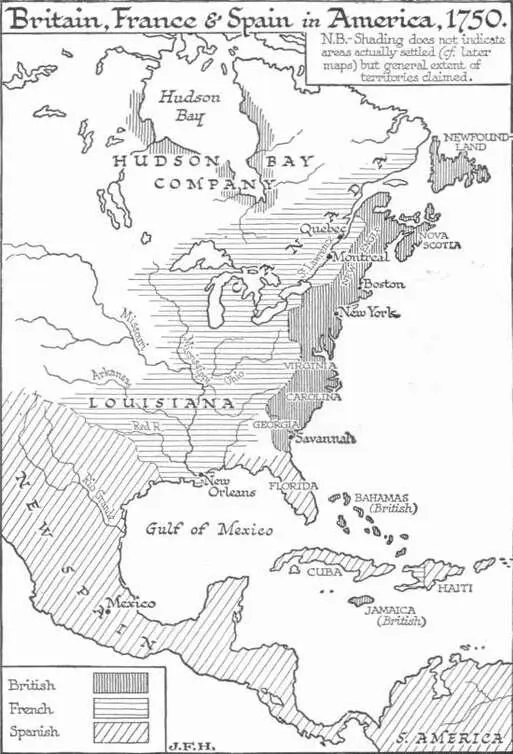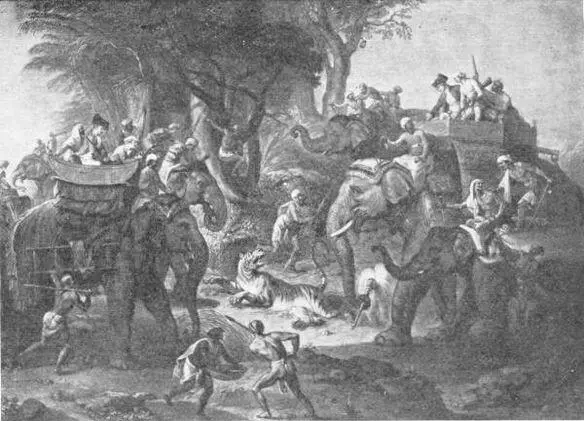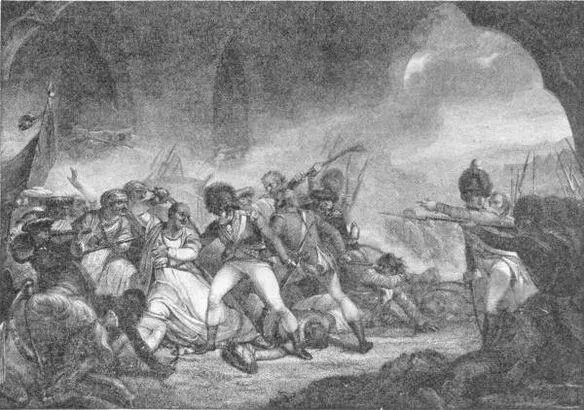Herbert Wells - A Short History of the World
Здесь есть возможность читать онлайн «Herbert Wells - A Short History of the World» весь текст электронной книги совершенно бесплатно (целиком полную версию без сокращений). В некоторых случаях можно слушать аудио, скачать через торрент в формате fb2 и присутствует краткое содержание. Год выпуска: 2011, Жанр: История, на английском языке. Описание произведения, (предисловие) а так же отзывы посетителей доступны на портале библиотеки ЛибКат.
- Название:A Short History of the World
- Автор:
- Жанр:
- Год:2011
- ISBN:нет данных
- Рейтинг книги:4 / 5. Голосов: 1
-
Избранное:Добавить в избранное
- Отзывы:
-
Ваша оценка:
- 80
- 1
- 2
- 3
- 4
- 5
A Short History of the World: краткое содержание, описание и аннотация
Предлагаем к чтению аннотацию, описание, краткое содержание или предисловие (зависит от того, что написал сам автор книги «A Short History of the World»). Если вы не нашли необходимую информацию о книге — напишите в комментариях, мы постараемся отыскать её.
A Short History of the World — читать онлайн бесплатно полную книгу (весь текст) целиком
Ниже представлен текст книги, разбитый по страницам. Система сохранения места последней прочитанной страницы, позволяет с удобством читать онлайн бесплатно книгу «A Short History of the World», без необходимости каждый раз заново искать на чём Вы остановились. Поставьте закладку, и сможете в любой момент перейти на страницу, на которой закончили чтение.
Интервал:
Закладка:
In 1714 the Elector of Hanover became King of England, adding one more to the list of monarchies half in and half out of the empire.
The Austrian branch of the descendants of Charles V retained the title of Emperor; the Spanish branch retained Spain. But now there was also an Emperor of the East again. After the fall of Constantinople (1453), the grand duke of Moscow, Ivan the Great (1462-1505), claimed to be heir to the Byzantine throne and adopted the Byzantine double-headed eagle upon his arms. His grandson, Ivan IV, Ivan the Terrible (1533-1584), assumed the imperial title of Cæsar (Tsar). But only in the latter half of the seventeenth century did Russia cease to seem remote and Asiatic to the European mind. The Tsar Peter the Great (1682-1725) brought Russia into the arena of Western affairs. He built a new capital for his empire, Petersburg upon the Neva, that played the part of a window between Russia and Europe, and he set up his Versailles at Peterhof eighteen miles away, employing a French architect who gave him a terrace, fountains, cascades, picture gallery, park and all the recognized appointments of Grand Monarchy. In Russia as in Prussia French became the language of the court.
Unhappily placed between Austria, Prussia and Russia was the Polish kingdom, an ill-organized state of great landed proprietors too jealous of their own individual grandeur to permit more than a nominal kingship to the monarch they elected. Her fate was division among these three neighbours, in spite of the efforts of France to retain her as an independent ally. Switzerland at this time was a group of republican cantons; Venice was a republic; Italy like so much of Germany was divided among minor dukes and princes. The Pope ruled like a prince in the papal states, too fearful now of losing the allegiance of the remaining Catholic princes to interfere between them and their subjects or to remind the world of the commonweal of Christendom. There remained indeed no common political idea in Europe at all; Europe was given over altogether to division and diversity.
All these sovereign princes and republics carried on schemes of aggrandizement against each other. Each one of them pursued a “foreign policy” of aggression against its neighbours and of aggressive alliances. We Europeans still live to-day in the last phase of this age of the multifarious sovereign states, and still suffer from the hatreds, hostilities and suspicions it engendered. The history of this time becomes more and more manifestly “gossip,” more and more unmeaning and wearisome to a modern intelligence. You are told of how this war was caused by this King’s mistress, and how the jealousy of one minister for another caused that. A tittle-tattle of bribes and rivalries disgusts the intelligent student. The more permanently significant fact is that in spite of the obstruction of a score of frontiers, reading and thought still spread and increased and inventions multiplied. The eighteenth century saw the appearance of a literature profoundly sceptical and critical of the courts and policies of the time. In such a book as Voltaire’s Candide we have the expression of an infinite weariness with the planless confusion of the European world.
LIII
THE NEW EMPIRES OF THE EUROPEANS IN ASIA AND OVERSEAS
WHILE Central Europe thus remained divided and confused, the Western Europeans and particularly the Dutch, the Scandinavians, the Spanish, the Portuguese, the French and the British were extending the area of their struggles across the seas of all the world. The printing press had dissolved the political ideas of Europe into a vast and at first indeterminate fermentation, but that other great innovation, the ocean-going sailing ship, was inexorably extending the range of European experience to the furthermost limits of salt water.
The first overseas settlements of the Dutch and Northern Atlantic Europeans were not for colonization but for trade and mining. The Spaniards were first in the field; they claimed dominion over the whole of this new world of America. Very soon however the Portuguese asked for a share. The Pope—it was one of the last acts of Rome as mistress of the world—divided the new continent between these two first-comers, giving Portugal Brazil and everything else east of a line 370 leagues west of the Cape Verde islands, and all the rest to Spain (1494). The Portuguese at this time were also pushing overseas enterprise southward and eastward. In 1497 Vasco da Gama had sailed from Lisbon round the Cape to Zanzibar and then to Calicut in India. In 1515 there were Portuguese ships in Java and the Moluccas, and the Portuguese were setting up and fortifying trading stations round and about the coasts of the Indian Ocean. Mozambique, Goa, and two smaller possessions in India, Macao in China and a part of Timor are to this day Portuguese possessions.
The nations excluded from America by the papal settlement paid little heed to the rights of Spain and Portugal. The English, the Danes and Swedes, and presently the Dutch, were soon staking out claims in North America and the West Indies, and his Most Catholic Majesty of France heeded the papal settlement as little as any Protestant. The wars of Europe extended themselves to these claims and possessions.

In the long run the English were the most successful in this scramble for overseas possessions. The Danes and Swedes were too deeply entangled in the complicated affairs of Germany to sustain effective expeditions abroad. Sweden was wasted upon the German battlefields by a picturesque king, Gustavus Adolphus, the Protestant “Lion of the North.” The Dutch were the heirs of such small settlements as Sweden made in America, and the Dutch were too near French aggressions to hold their own against the British. In the far East the chief rivals for empire were the British, Dutch and French, and in America the British, French and Spanish. The British had the supreme advantage of a water frontier, the “silver streak” of the English Channel, against Europe. The tradition of the Latin Empire entangled them least.

EUROPEANS TIGER HUNTING IN INDIA
(From the engraving of the picture by Zoffany in the British Museum)
France has always thought too much in terms of Europe. Throughout the eighteenth century she was wasting her opportunities of expansion in West and East alike in order to dominate Spain, Italy and the German confusion. The religious and political dissensions of Britain in the seventeenth century had driven many of the English to seek a permanent home in America. They struck root and increased and multiplied, giving the British a great advantage in the American struggle. In 1756 and 1760 the French lost Canada to the British and their American colonists, and a few years later the British trading company found itself completely dominant over French, Dutch and Portuguese in the peninsula of India. The great Mongol Empire of Baber, Akbar and their successors had now far gone in decay, and the story of its practical capture by a London trading company, the British East India Company, is one of the most extraordinary episodes in the whole history of conquest.

THE LAST EFFORT AND FALL OF TIPPOO SULTAN
(From the engraving of the picture by Singleton in the British Museum)
Читать дальшеИнтервал:
Закладка:
Похожие книги на «A Short History of the World»
Представляем Вашему вниманию похожие книги на «A Short History of the World» списком для выбора. Мы отобрали схожую по названию и смыслу литературу в надежде предоставить читателям больше вариантов отыскать новые, интересные, ещё непрочитанные произведения.
Обсуждение, отзывы о книге «A Short History of the World» и просто собственные мнения читателей. Оставьте ваши комментарии, напишите, что Вы думаете о произведении, его смысле или главных героях. Укажите что конкретно понравилось, а что нет, и почему Вы так считаете.








